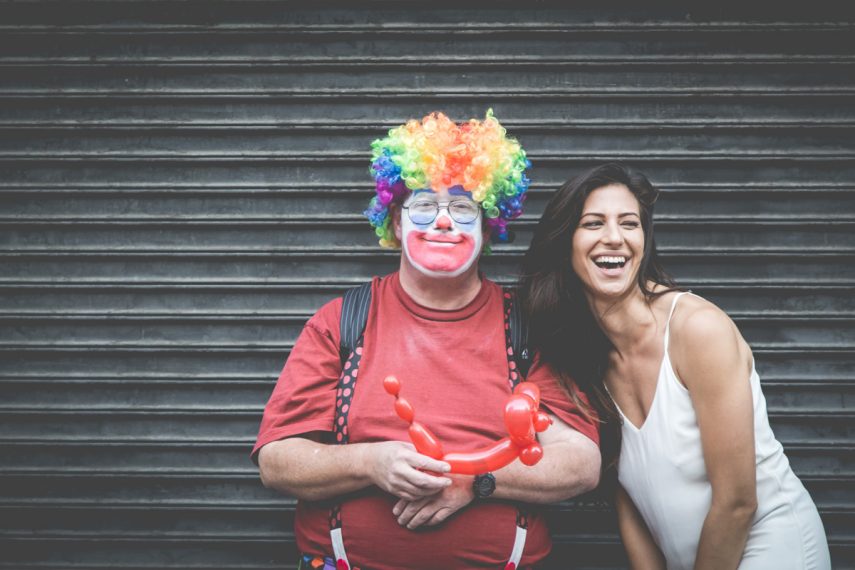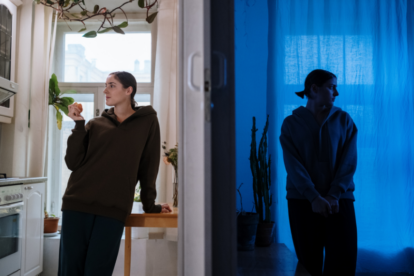Laughter as Medicine: The Benefits of Drama and Improv Therapy

Since I began working at BrightQuest, there has been an Improv Group, who performs at the Winter Talent Show. I was in awe the first time I saw the clients and therapists improvising entire scenes with what appeared to be ease; not to mention they were hilarious too! I was surprised because many of the performers were people whom I typically experienced as shy and often needed to prompt and invite to share in groups. Many of the clients in the Improv Group suffered from general anxiety, social anxiety, or depression. When I was asked a few months later to take on the Improv Group, I was excited, and to be honest, a little nervous too. I began researching the benefits of improvisational and drama therapies, and was even more eager to take on the group when I found many rewarding outcomes in the literature. However, as I began the group I was surprisingly struck by how powerful non-talk therapy, with an emphasis on creativity, can be. I have seen clients who have Schizophrenia and often seem stuck in their own minds become completely engrossed in a scene with their fellow actors, create incredible unrehearsed theater, and make hilarious one liners.
Improvisational activities force one to “get out of their head” and just be in the present moment. I have learned that when I have to say something on the fly, I do not have time to consider what other’s judgments might be, or whether or not it even makes sense, and it is truly a freeing experience. One great thing about an Improv Group is everyone is being silly, saying the first thing that comes to their mind, and making funny faces and sounds so it is a non-judgmental space; everyone is really on the same team. What is wonderful about this experience is that we (the therapists and clients) learn to make mistakes in front of others, and face our fears about what it is like to not say the exact perfect thing in front of someone else; we are taught that the world does not stop and we survive, which is a healing experience. For people with social anxiety and depression, who have often become isolative, improv and drama therapy is a type of exposure therapy. It gives one success experiences in facing their fears. I have seen first hand that practicing improvisational activities has an impressive ability to free people from cognitive inflexibility and allow space for possibilities to think differently. People with depression and anxiety got stuck in rigid and extreme thinking patterns and improv therapy creates new pathways to thinking. Another benefit of improv it that it helps with listening skills; for a scene to work and be funny one has to truly listen to their fellow performers and respond to what is said, both the details and the emotional tone. Being able to feel, understand, and emulate someone else’s emotions is at the core of improv and is quite therapeutic. And my biggest take away from having the opportunity to facilitate the Improv Group is that laughter is definitely the best medicine; every time I leave Improv Group on Tuesday afternoon I feel happy, more present and grounded, and more connected to others.



